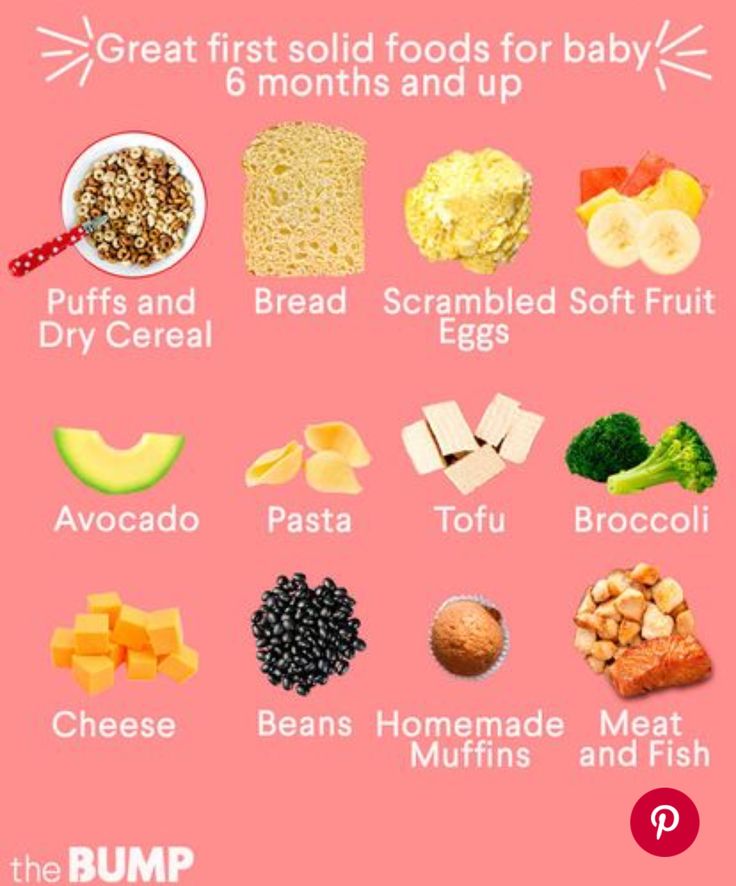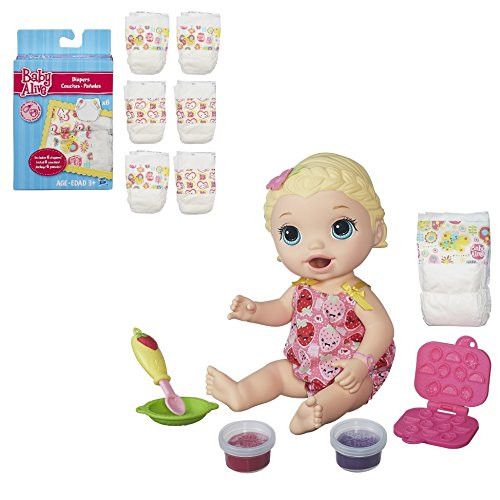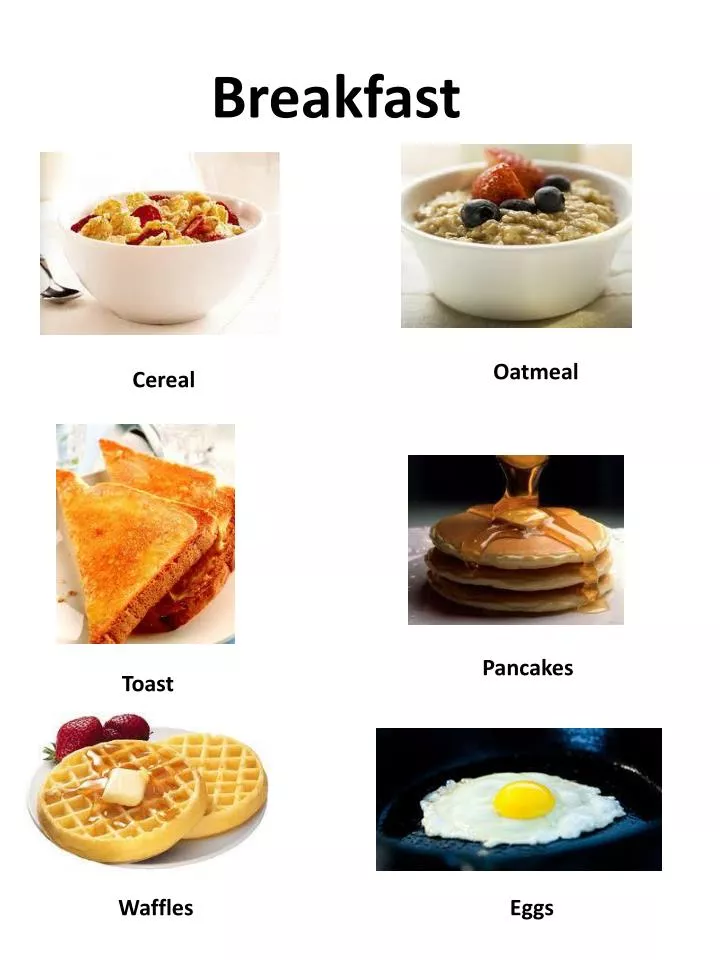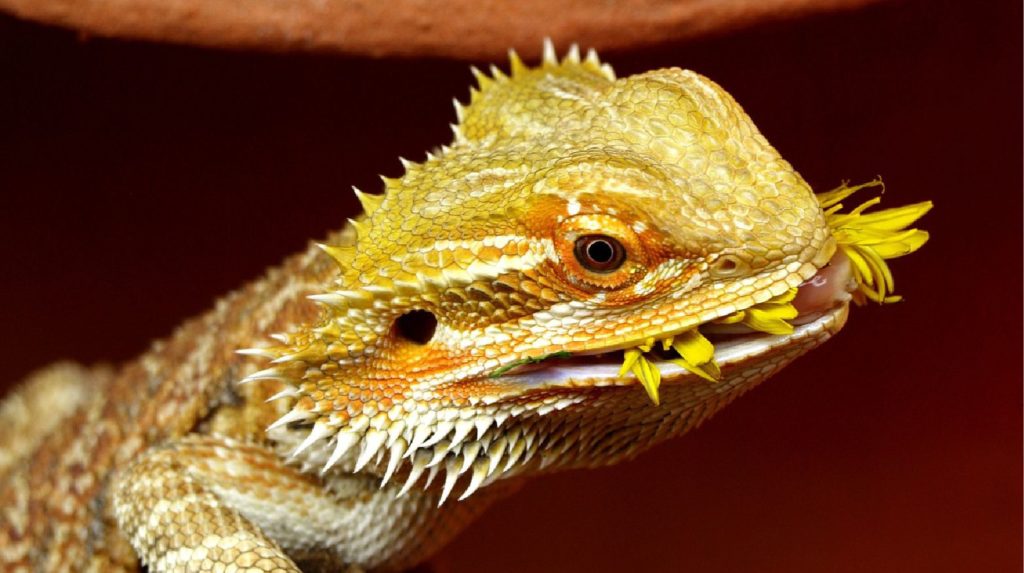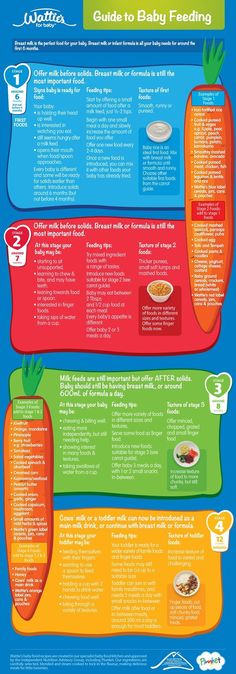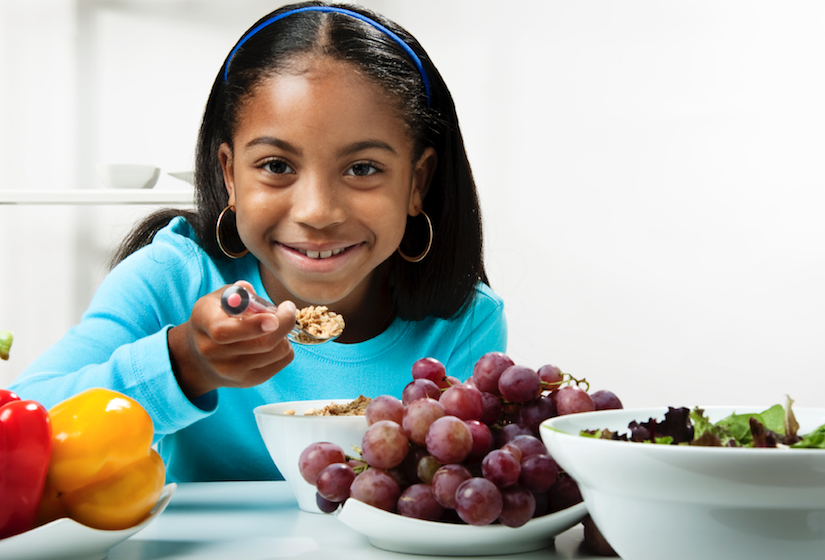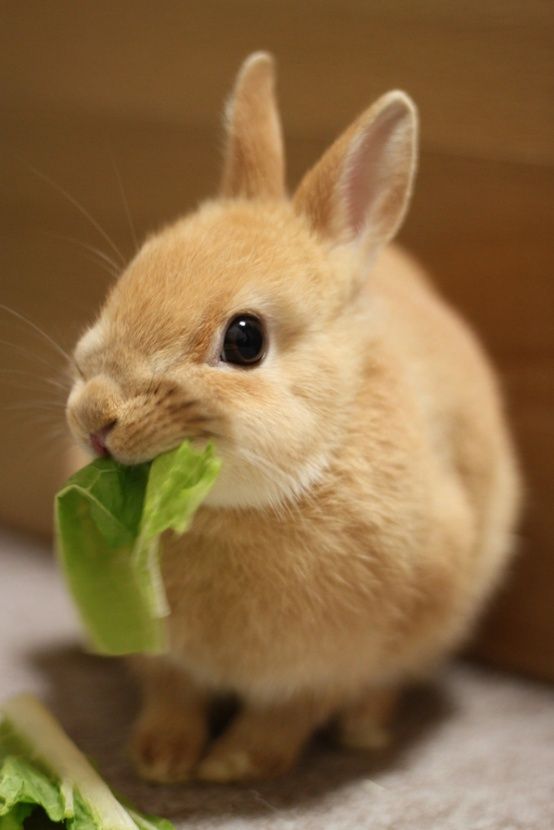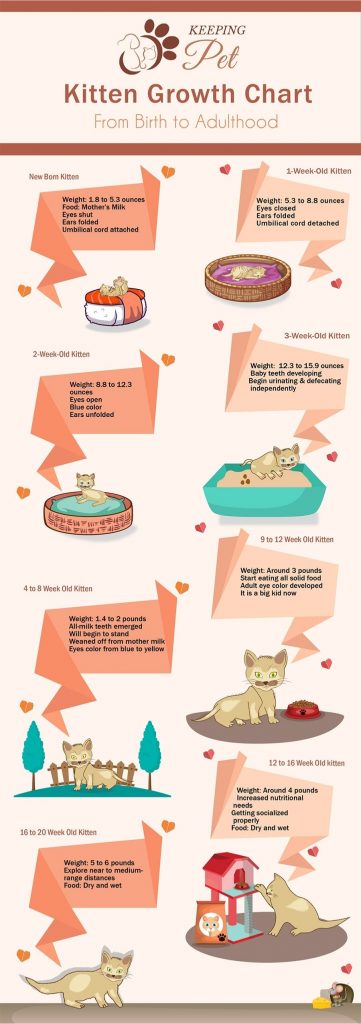Baby cries after feeding breastfeeding
Why Is Baby Crying After Feeding?
The question of “why does my baby cry after feeding” is a question that can typically drive mothers and parents crazy.
Oftentimes, it can be hard to know why your baby is crying after feedings. Not knowing how to identify the problem and not having a solution can have a significant effect on the physical and mental health of both your baby and the entire family. This can include increased stress, lower quality sleep, and the physical health of your baby. However, if you identify the cause and solve the problem, you will be able to significantly improve the parenting and breastfeeding experience for you and your child.
That’s why we decided to write an article on this topic – Why does my baby cry after feeding? This is an important topic and should be known by all mothers so that you can get the best results when feeding your baby.
This article will cover the following topics:
- Why Babies Cry After Feeding
- Should You Breastfeed Every Time Your Baby Cries?
- How Do I Comfort A Newborn?
Without further ado, let’s get into it.
Why Your Baby Cries After Feeding
Acid Reflux
The first major reason babies cry after feeding is known as acid reflux. Acid reflux happens when the content in the stomach gets pushed back into the esophagus.
It’s estimated that more than half of infants experience acid reflux at some point. The condition usually peaks at 4 months and goes away on its own between 12 and 18 months of age.
Some symptoms of acid reflux include:
- Spitting up and/or Vomiting
- Refusal to eat and difficulty eating or swallowing
- Irritability during feeding
- Wet burp / hiccups
- Failure to gain weight
- Abnormal arching
- Frequent coughing
- Gagging or choking
- Chest pain or heartburn
- Disturbed sleep
If acid reflux symptoms persist past 24 months, it may be a sign of gastroesophageal reflux disease (GERD) when combined with weight gain.
Food Sensitivity / Allergies
In addition to acid reflux, some breastfed babies may be allergic to certain food particles that their mothers are eating. According to the Academy of Breastfeeding Medicine, some of the most common foods that lead to food sensitivities and allergies in babies is cow’s milk protein in the mother’s milk, egg, corn, and soy.
Some symptoms of food sensitivities in your baby include the following:
- Extreme irritability after feedings
- Bloody stools (poop)
If your baby has the following symptoms, you should speak with your healthcare provider about getting them tested for allergies.
Additionally, you can also follow a restricted diet that removes common allergen foods such as eggs, dairy, corn, caffeine, and seeded fruit. Be sure to speak with your doctor before changing your diet significantly.
Start by eliminating one food at a time and analyze the effects of removing certain foods on your baby’s behavior.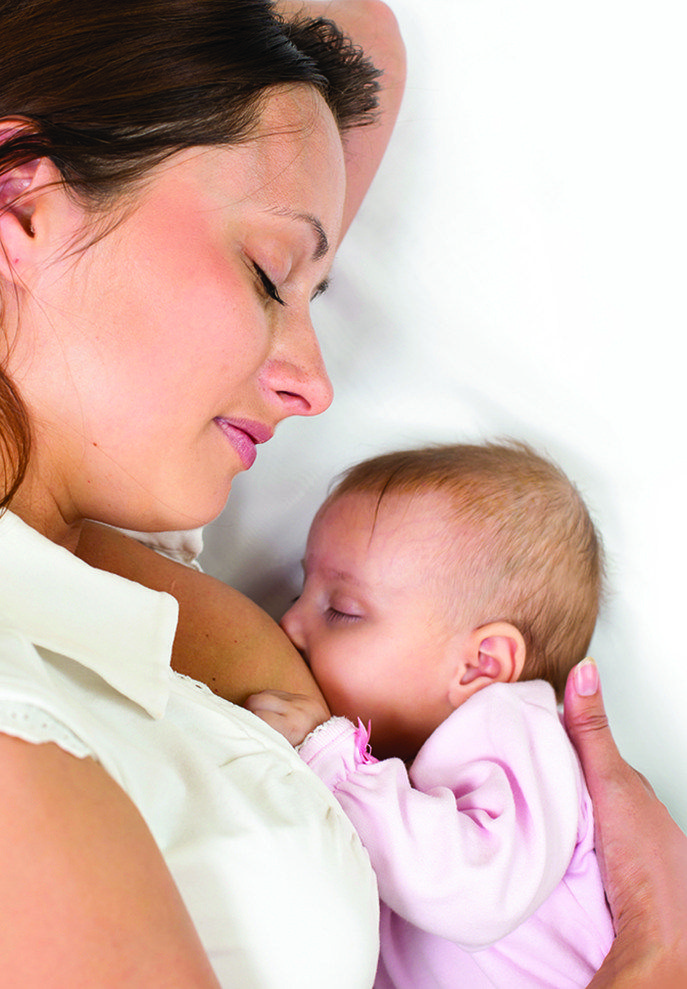 That way you can really see what effect each individual food has so you can isolate the diet problem.
That way you can really see what effect each individual food has so you can isolate the diet problem.
Gas
The next reason your baby may be crying is gas. Gas can also be known as a buildup of air swallowed while eating. In particular, bottle feeding can lead to your baby swallowing a lot of air during feeding. This will cause gas to be trapped in the stomach and will potentially lead to baby hiccups and discomfort for the baby.
In order to help prevent gassing in your baby, you may try to change or improve your breastfeeding position. Try to keep your baby upright after feeding. Also, allow your baby to burp gently from the bottom of their back and up through the shoulders to work the gas bubbles up and out of the body. Burping your baby can significantly reduce the chances of gassiness.
Formula
Not every baby gets fed directly from breast milk. For formula-fed babies, a change or switch of the formula you use may be your solution to your baby crying after feeding.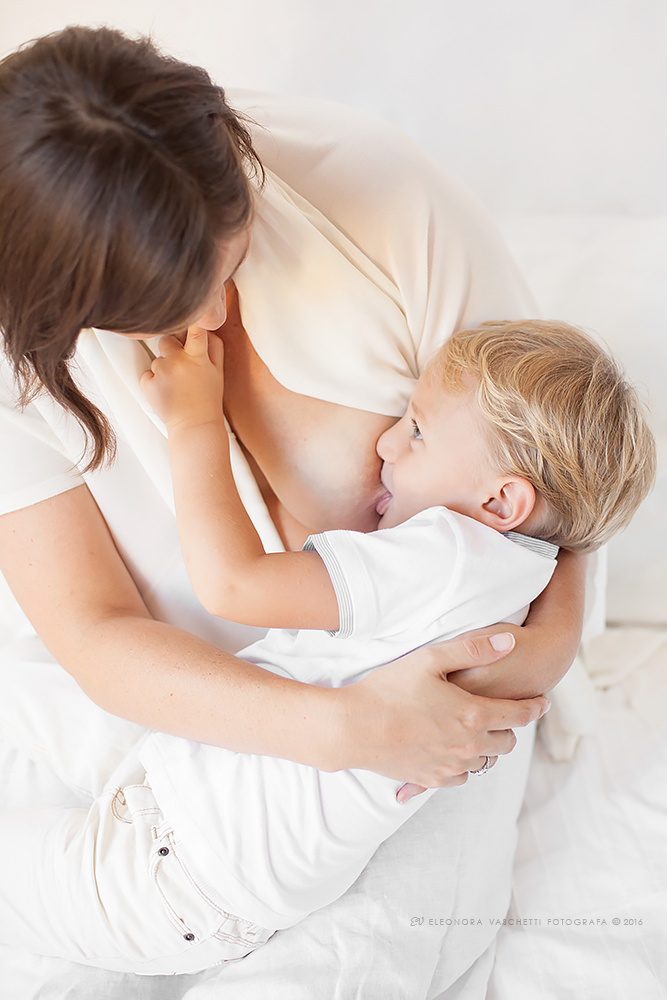
Every formula brand may affect each child differently, so trying a different formula for your baby may be a good solution to solving your babies crying problem. It is important to talk to your own baby’s pediatrician about whether some other formula options can be better for your child.
If you see no change or improvement by switching your baby’s formula, it is unlikely to help for any other brands.
Colic
Colic is also another reason why babies cry after feeding. Essentially, colic means persistent and excessive crying for a baby under 3 months old. More specifically, your baby is doing the following:
- Is crying a lot, for at least three hours a day
- The baby is crying at least three days per week or more
- Is under 3 months old
If all 3 of those boxes are checked, then your baby is likely colic.
Should You Breastfeed Every Time Your Baby Cries?
This is a question that is very popular among moms in regards to their baby and crying.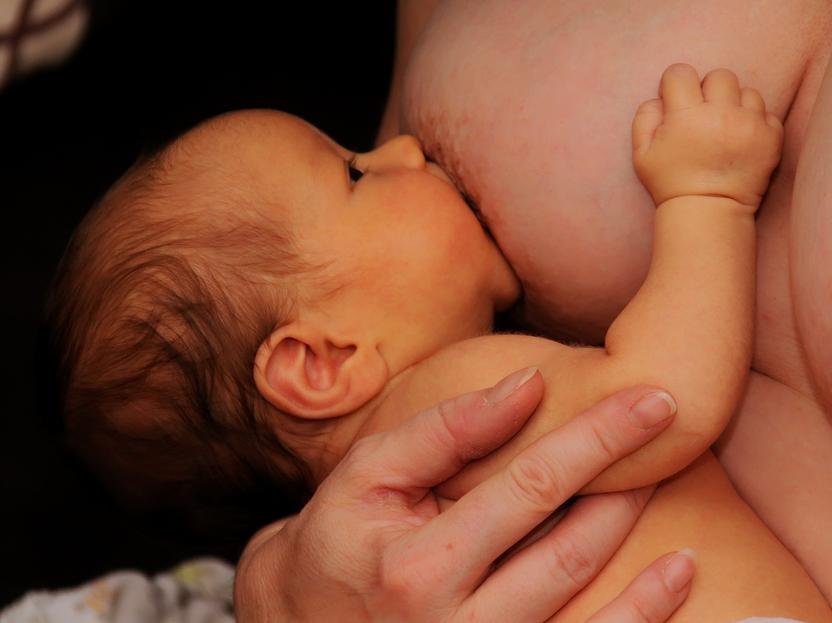 For that reason, we wanted to address this directly because it seems to be a topic that is debated out there.
For that reason, we wanted to address this directly because it seems to be a topic that is debated out there.
In short, no. You do not want to breastfeed your baby every time he or she cries. Contrary to some beliefs out there, some babies cry because of a bloated stomach, gas, or some of the other reasons we talked about already in this article.
Ultimately, the best solution is to let your baby decide when she’s had enough milk. When your baby has had enough milk, it will give you signs to let you know it will be done feeding. Including stopping feeding or turning your head away.
How Do I Comfort a Crying Newborn?
Now that you know that you shouldn’t breastfeed every time your baby cries after feeding, I’m sure you’re also wondering how to comfort your crying newborn. With that being said, there are multiple ways to comfort a crying newborn when he or she cries.
Some of these ways include:
- Offer a pacifier for sucking – this can help your baby relieve stress without crying.

- Try gently rocking your baby – this can calm your baby down and relax them.
- Quietly singing to your baby – like rocking, singing may calm your baby and get them to stop crying. You can also put on a rhythmic song or music to have the same effect.
- Cuddle and hold your baby close – Touching, holding, and cuddling your baby makes your baby feel safe and secure. You can also put your baby in a blanket to get a similar effect.
- Try walking or taking your child out for a walk – this can result in a positive change in your child’s mood.
These are some of the main ways that you can comfort your baby when crying. As mentioned above, breastfeeding is not always the answer when your baby is crying. If your baby is crying and it has had enough feeding, try the things that we’ve listed above and see if it helps and improves your baby’s mood.
Why does My Baby Cry After Feeding – Key TakeawaysIf you’re thinking, “Why does my baby cry after feeding?” hopefully this article is helpful for you.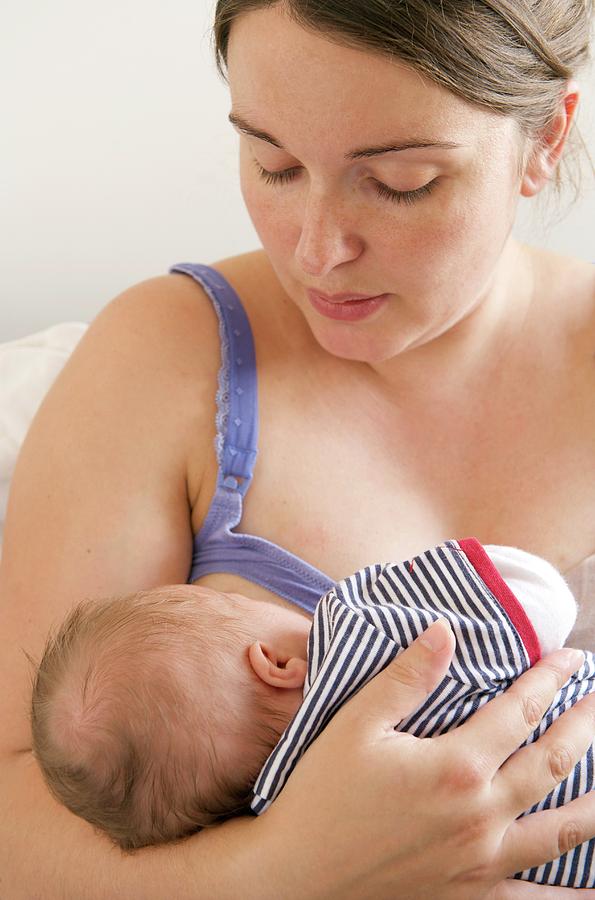 Knowing why your baby cries after feeding is extremely important for the health of your child. Some reasons why your fed baby cries after feeding can include acid reflux, food sensitivity/allergy, gas, formula, or colic.
Knowing why your baby cries after feeding is extremely important for the health of your child. Some reasons why your fed baby cries after feeding can include acid reflux, food sensitivity/allergy, gas, formula, or colic.
You should not breastfeed every time your baby cries. Instead, it’s best to let the baby tell you when it’s had enough flow of milk.
It’s also important to comfort your crying newborn when he/she cries.
Knowing how to answer the question “why does my baby cry after feeding” can help your breastfeeding experience and the health of your baby. Whether it is with bottle feeding, direct breastfed babies, your baby will be better off if you understand these basics.
If you’re looking to get the best high-quality breast pump, you can order our breast pump here. We offer a wide range of pumps with a ton of different insurances. Some insurances we cover include UPMC, Tricare, Aetna, and many others.
Baby Cries After Feeding: What Should I Do?
Medically reviewed by Karen Gill, M.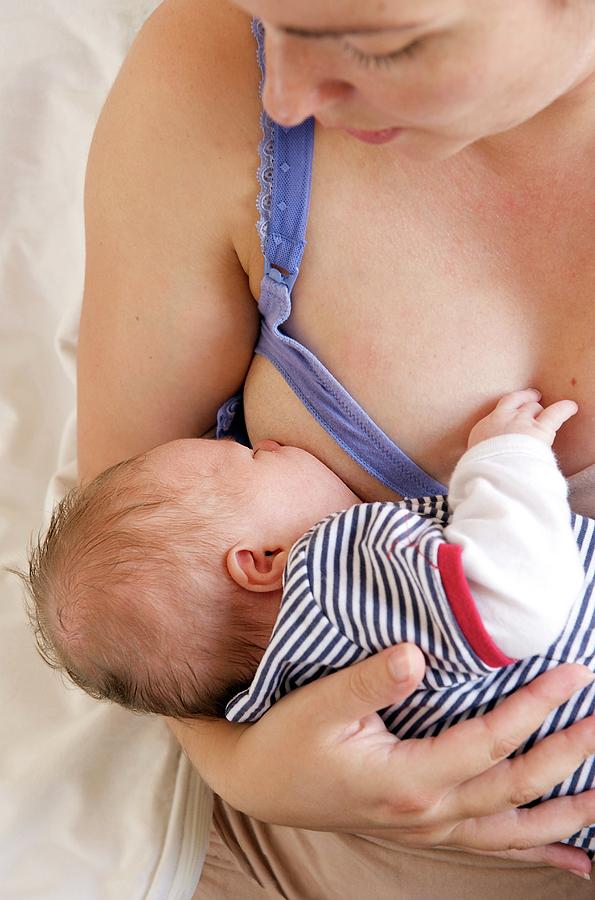 D. — By Chaunie Brusie on October 3, 2018
D. — By Chaunie Brusie on October 3, 2018
My daughter, the “crier”
My second daughter was what my oldest fondly referred to as a “crier.” Or, in other words, she cried. A lot. The crying with my baby girl seemed to intensify after every single feeding and particularly at night.
It was those hellish hours between darkness and dawn when my husband and I would take turns walking around the house with her in our arms, praying and, mostly in my case, sobbing because we couldn’t console our baby.
I didn’t know it then in my sleep-deprived state, but my daughter’s crying after feedings wasn’t that uncommon. In combination with her frequent spitting up, it was pretty much a classic textbook case of colic.
Colic
Colic, in technical terms, simply means a “crying, fussy baby that doctors can’t figure out.”
OK, so that’s not really the definition, but in essence, that’s what it boils down to. The British Medical Journal (BMJ) lists one criterion for colic: A baby that cries for at least three hours a day, three or more days a week, and is under 3 months old. Check, check, and check.
Check, check, and check.
There isn’t one single known cause of colic. Even the actual clinical incidence of colic, estimated by BMJ to be around 20 percent of all babies, can be tricky.
Acid reflux
One of those causes of crying after feeding and spitting up in babies is actually acid reflux. This condition is known as gastroesophageal reflux disease (GERD) if it also causes significant symptoms such as poor weight gain.
When my “crier” daughter was 5, she frequently complained of her stomach hurting and as a result, had to undergo a series of testing with a gastroenterologist, a doctor that specializes in the GI system.
At our first appointment, the very first question he asked me was if she had colic as a baby and if she spit up a lot, to both of which I practically shouted, “Yes! How did you know?!”
He explained that acid reflux or GERD can manifest as symptoms similar to colic in babies, stomach pain in school-aged children, and later as actual heartburn pain in adolescents.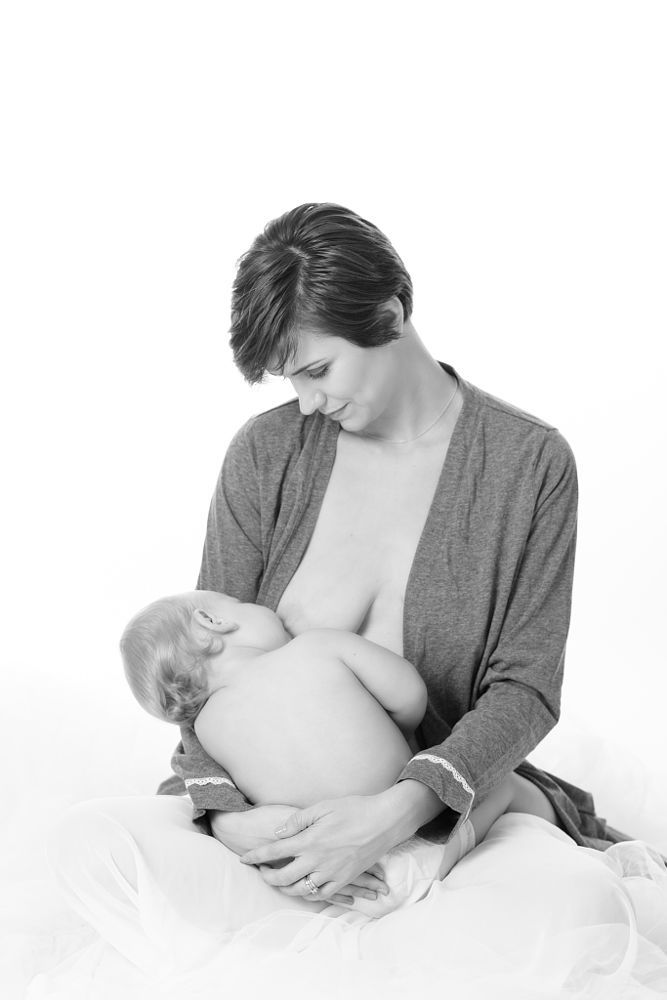
While many infants spit up, fewer have actual GERD, which can be caused by an underdeveloped flap between the esophagus and stomach or a higher-than-normal production of stomach acid.
In most cases, a diagnosis of infant reflux is simply based on your baby’s symptoms. If your doctor suspects a severe case however, there are several different tests that actually diagnose infant reflux.
Testing can involve taking a biopsy of your baby’s intestine or using a special type of X-ray to visualize any affected areas of obstruction.
Food sensitivities and allergies
Some babies, especially breastfed babies, may be allergic to certain food particles that their mothers are eating.
The Academy of Breastfeeding Medicine notes that the most common offender is cow’s milk protein in the mother’s milk, but even a true allergy is very rare. Only about 0.5 to 1 percent of exclusively breastfed babies are thought to be allergic to cow’s milk protein.
The other most common culprits, according to the ABM, are egg, corn, and soy, in that order.
If your baby is displaying symptoms of extreme irritability after feedings and has other symptoms, such as bloody stools (poop), you should speak with your healthcare provider about getting them tested for allergies.
Aside from a true allergy, there’s also been some evidence that following a low allergen diet while breastfeeding (essentially avoiding those top allergy foods, such as dairy, eggs, and corn) may be beneficial for infants with colic.
Strict elimination diets can have their own risks, so speak with your doctor before significantly changing your diet.
In our situation, I found that dairy, caffeine, and certain seeded fruit exacerbated my daughter’s crying and spitting up. By eliminating those foods and substances from my diet, I was able to help lessen her discomfort.
If you have a baby with colic, you might want to try anything at all to help ease your baby’s crying. If you’re curious to see if your diet has any effect, you can start by logging your food in a food journal and writing down your baby’s reactions after each meal.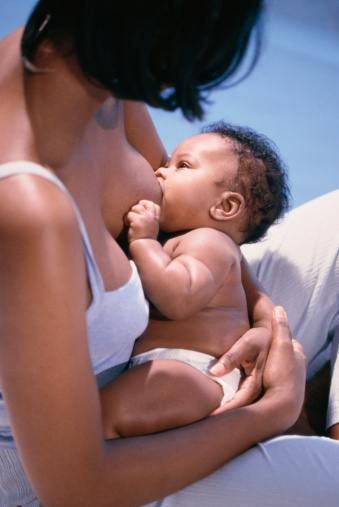
Next, you can eliminate one food at a time and see if reducing your intake of certain foods seems to make a difference in your baby’s behavior. If you hit on one you feel helps your baby to cry less, this does not mean they will not be able to eat that food in the future.
Just be sure to keep in mind that a true allergy is rare. Also, be sure to monitor for any additional symptoms, such as blood in your baby’s poop.
Gas
If your baby is crying a lot after every feeding, it may simply be a buildup of air swallowed while eating. It’s thought that bottle-fed babes in particular may be more prone to swallowing a lot of air during a feeding. This can trap gas in their stomachs and be uncomfortable.
In general, breastfed babies swallow less air while eating simply due to the way they eat. But every baby is different and even breastfed babies may need to be burped after a feeding.
Trying keeping your baby upright after a feeding and burping gently from the bottom of their back and up through the shoulders to work the gas bubbles up and out.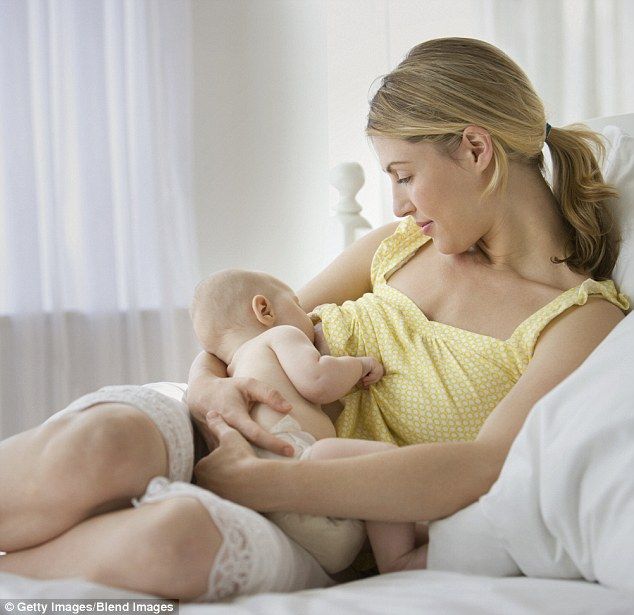 Also check out this illustrated guide to burping a sleeping baby.
Also check out this illustrated guide to burping a sleeping baby.
Formula
If your baby is formula-fed, swapping out the formula you use may be a simple solution to a crying baby after feedings. Every formula is a little bit different and certain brands make formulas for more sensitive baby tummies.
If you decide to try this, talk to your baby’s pediatrician about whether an elemental formula would be a good choice to try for a week. If you try one different brand and you see no change in your baby’s fussiness, continuing to try different brands is unlikely to help.
Takeaway
Colic, along with a few other common conditions, might be the culprit if you too have a “crier” on your hands.
If your baby doesn’t find relief after dietary changes or additional burping, then make an appointment to see their doctor.
Share on Pinterest
Chaunie Brusie, BSN, is a registered nurse with experience in labor and delivery, critical care, and long-term care nursing.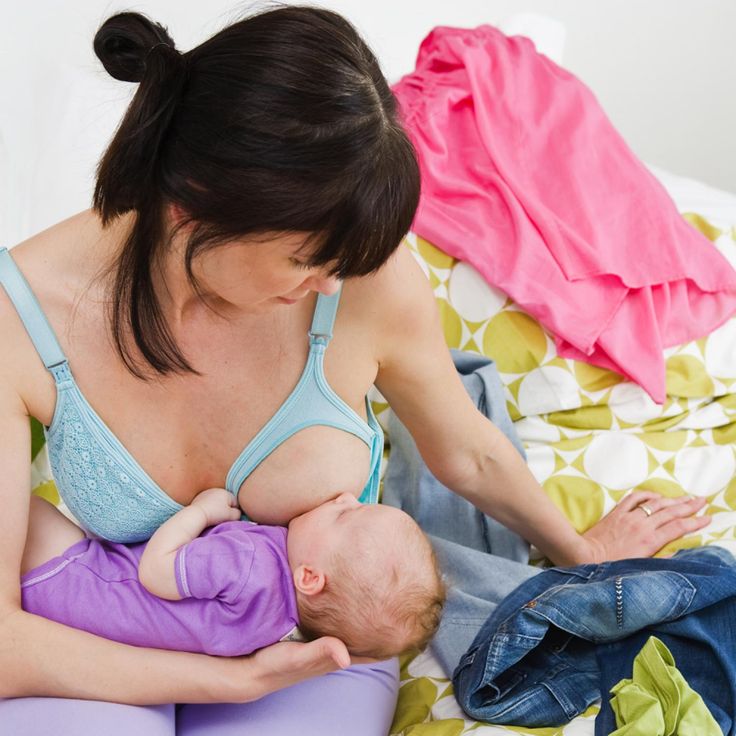 She lives in Michigan with her husband and four young children, and is the author of the book “Tiny Blue Lines.”
She lives in Michigan with her husband and four young children, and is the author of the book “Tiny Blue Lines.”
Last medically reviewed on October 3, 2018
- Parenthood
- Baby
- 06 Months
How we vetted this article:
Healthline has strict sourcing guidelines and relies on peer-reviewed studies, academic research institutions, and medical associations. We avoid using tertiary references. You can learn more about how we ensure our content is accurate and current by reading our editorial policy.
- ABM clinical protocol #24: Allergic proctocolitis in the exclusively breastfed infant. (2011). DOI:
10.1089/bfm.2011.9977 - Harrel MC, et al. (2015). Is there a correlation between maternal diet in breastfeeding mothers and infantile colic? DOI:
10.1097/01.EBP.0000541032.94135.ca - Mayo Clinic Staff. (2018). Infant reflux.
mayoclinic.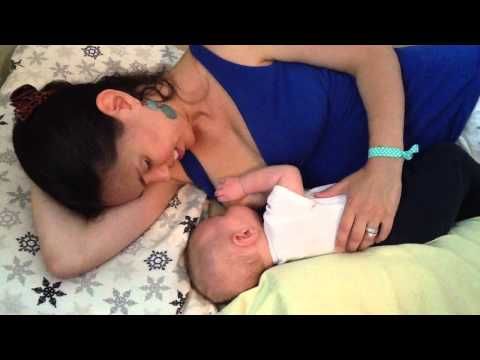 org/diseases-conditions/infant-acid-reflux/diagnosis-treatment/drc-20351412
org/diseases-conditions/infant-acid-reflux/diagnosis-treatment/drc-20351412 - Rosen LD, et al. (2007). Complementary, holistic, and integrative medicine.
pedsinreview.aappublications.org/content/28/10/381 - Saavedra MA, et al. (2003). Infantile colic incidence and associated risk factors: A cohort study. .
ncbi.nlm.nih.gov/pubmed/14502331 - Sung V, et al. (2014). Treating infant colic with the probiotic Lactobacillus reuteri: Double blind, placebo controlled randomised trial. DOI:
10.1136/bmj.g2107 - Symptoms & causes of GER and GERD in infants. (2015).
niddk.nih.gov/health-information/digestive-diseases/acid-reflux-ger-gerd-infants/symptoms-causes
Our experts continually monitor the health and wellness space, and we update our articles when new information becomes available.
Current Version
Oct 3, 2018
By
Chaunie Brusie
Edited By
Nizam Khan (TechSpace)
Medically Reviewed By
Karen Richardson Gill, MD
Share this article
why the baby cries while feeding
While the baby is quite a baby, crying is the only way of his communication with his mother and the outside world.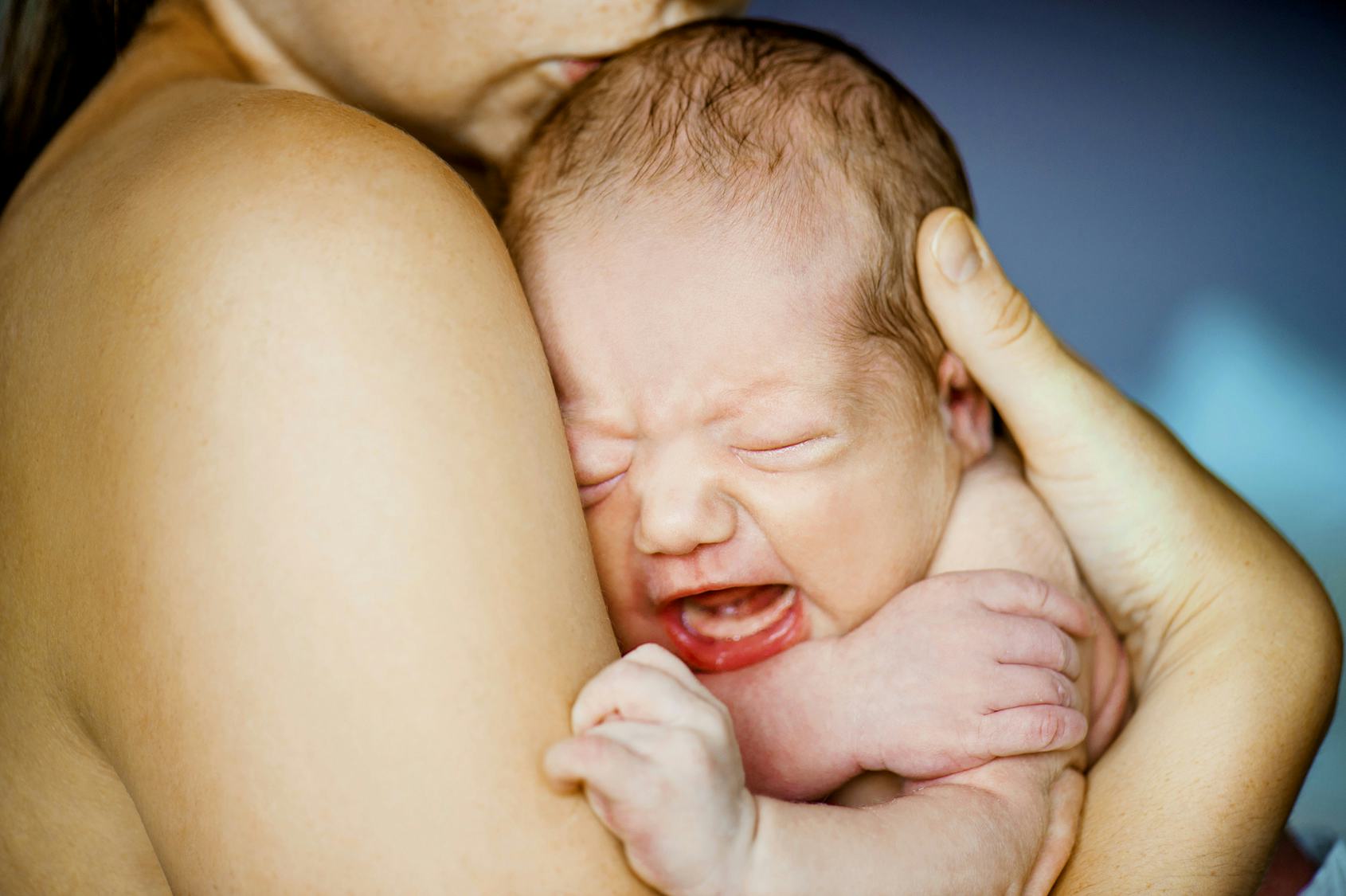 If the baby is restless during feeding, he will let you know that he is uncomfortable. We will analyze what can cause baby crying in such a situation.
If the baby is restless during feeding, he will let you know that he is uncomfortable. We will analyze what can cause baby crying in such a situation.
Dry milk drink "Baby milk" Valio Baby 3 NutriValio for feeding children over 12 months Read more
As a rule, the causes of a baby’s tears at the breast or bottle with a mixture are physiological, and there may be several of them.
Abdominal pain
Most likely, the child is worried about colic (they can start from 2-4 weeks of age and usually end by 3 months). Unpleasant sensations are associated with the fact that the infant has an insufficiently developed intestinal microflora and it is difficult for the digestive system to cope with the task assigned to it. Children's crying during colic is accompanied by arching the back and pulling the legs to the stomach - the pain from the formation of gases in the intestines is always acute.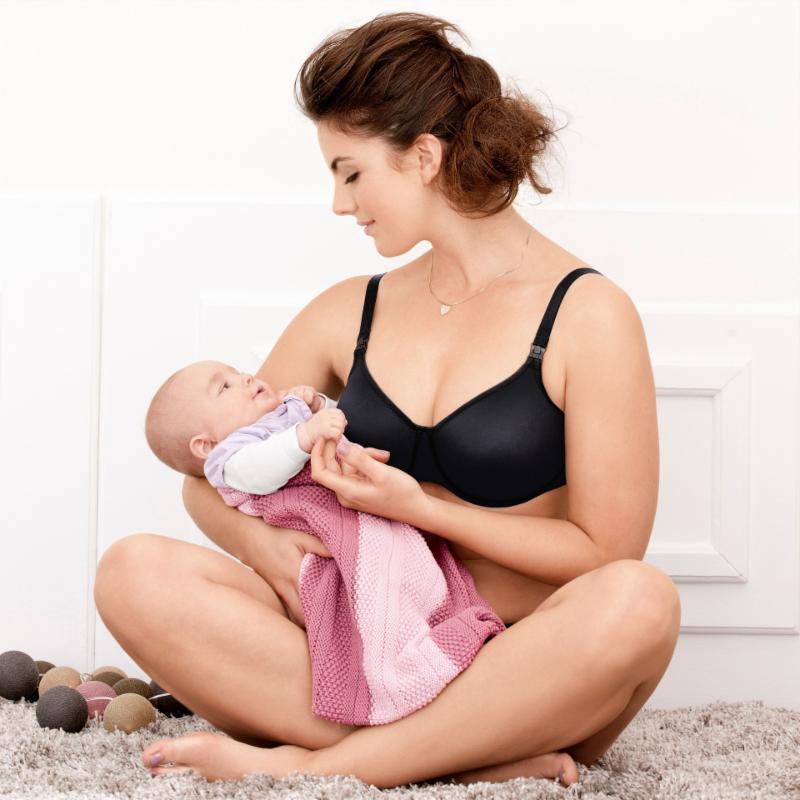 To alleviate the condition of the crumbs, it is useful for a nursing mother to drink teas with fennel, cumin or anise. If your baby is formula-fed, choose formula carefully. Valio Baby baby food is as close as possible to the composition of breast milk and contains the GOS prebiotic, which is necessary for the health of the child's digestive system. The cause of colic is also the wrong feeding technique and, as a result, the capture of excess air by the baby.
To alleviate the condition of the crumbs, it is useful for a nursing mother to drink teas with fennel, cumin or anise. If your baby is formula-fed, choose formula carefully. Valio Baby baby food is as close as possible to the composition of breast milk and contains the GOS prebiotic, which is necessary for the health of the child's digestive system. The cause of colic is also the wrong feeding technique and, as a result, the capture of excess air by the baby.
#PROMO_BLOCK#
Earache
Children under one year old often suffer from otitis media, this is due to the anatomical features of the structure of the nasopharynx in babies in the first months of life. A baby may cry during feeding because swallowing causes a sharp pain in his ears. Very carefully touch the tragus of the baby's auricles - if he cries, then you need to see a doctor.
Headache
It is no secret that many neurological disorders are accompanied by headaches.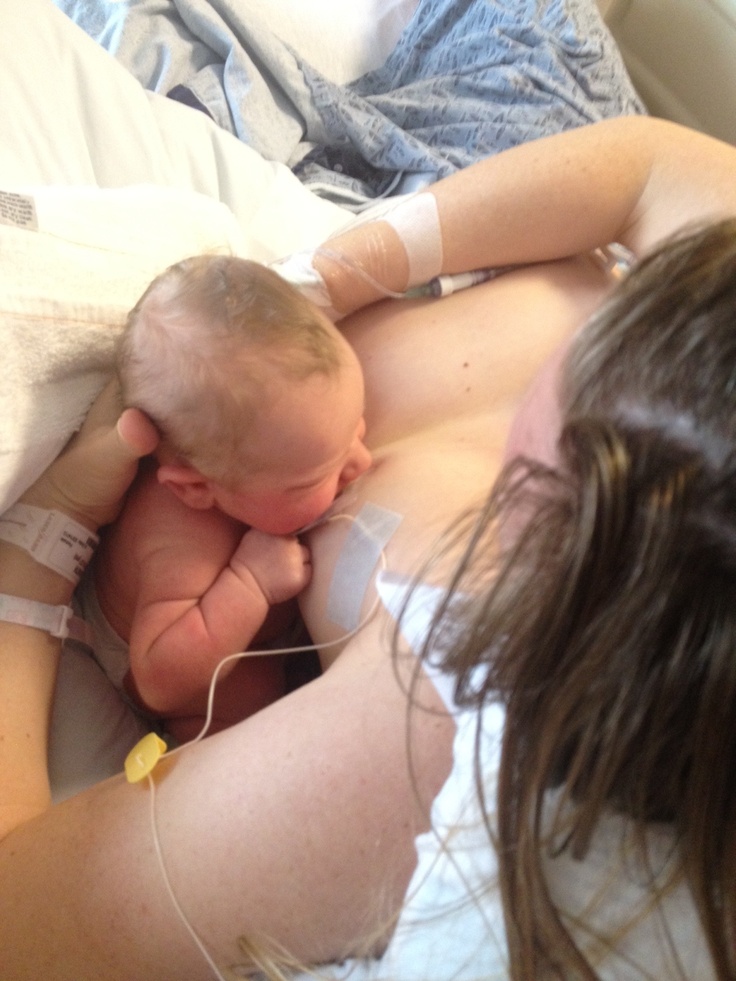 It becomes especially strong when swallowing. If the baby is constantly crying during feeding, be sure to make an appointment with a pediatric neurologist.
It becomes especially strong when swallowing. If the baby is constantly crying during feeding, be sure to make an appointment with a pediatric neurologist.
Inflammation of the oral mucosa
Crying during feeding may signal that the baby is experiencing discomfort in the mouth or throat. Its cause is most often thrush or pharyngitis. These diseases require treatment under the supervision of a pediatrician.
Lack or excess of breast milk
The lactation of a nursing woman is affected by a considerable number of factors - the psychological state, fatigue, stress, malnutrition and its lack, improper organization of breastfeeding. The baby may cry because he does not have enough milk. Whether the food shortage is really critical is easy to check using the wet diaper method. By the way, the crying of a baby may also indicate that there is too much milk - the stream is too strong and the baby simply chokes.
Unusual taste of breast milk
If a mother ate, for example, something spicy on the eve of feeding, this will certainly affect the taste of milk.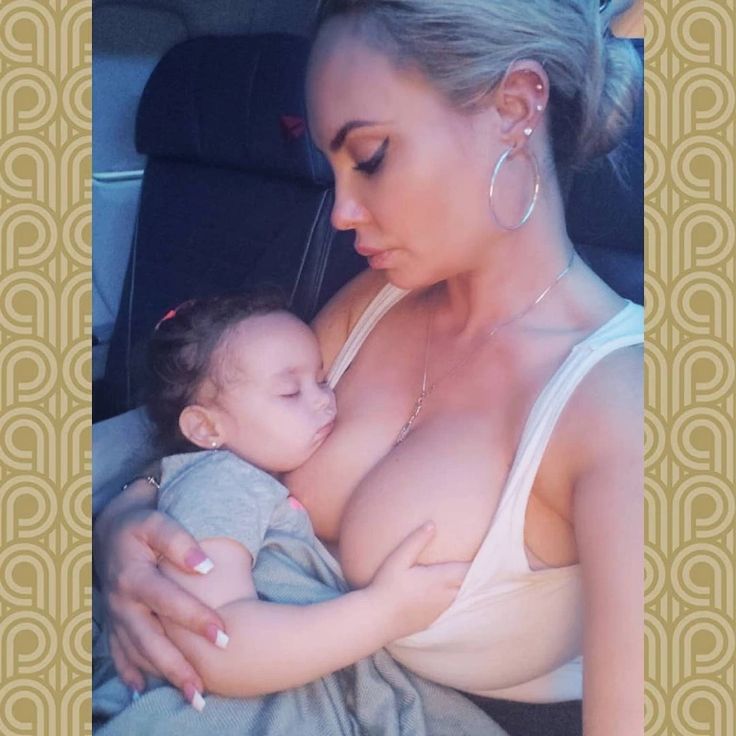 The baby, of course, will cry. This cause of children's "grief" is the most easily eliminated - be attentive to your menu and do not upset your beloved baby.
The baby, of course, will cry. This cause of children's "grief" is the most easily eliminated - be attentive to your menu and do not upset your beloved baby.
In addition to the reasons described, the reason for children's tears during feeding can be erupting teeth and inflammation of the gums, as well as nasal congestion with allergies and SARS. Be attentive to your baby. If all is well, the baby should not cry while feeding.
3.35 34
Power supplyShare:
Oksana Ivargizova
Medical Institute. Pavlova, specialization - pediatrics
Author: Reetta Tikanmäki
Palm oil in baby food
Infant milk formulas are made from cow's milk.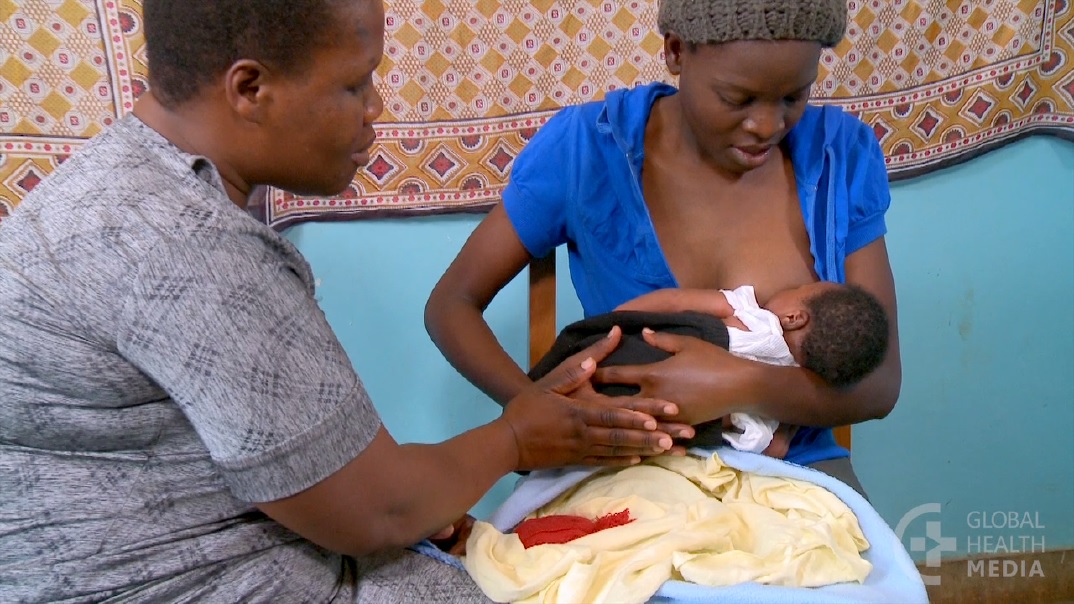 However, in terms of fat composition, it differs significantly from that of the mother.
However, in terms of fat composition, it differs significantly from that of the mother.
Read
Author: Ivargizova Oksana
How to choose milk formula for a baby
Breast milk is the best food for a newborn baby. It contains all the necessary nutritional components that fully meet the needs of the child and are necessary for his healthy and harmonious development.
Read
Show all
Why does a baby cry - an article in the newspaper of the EMS Clinic Na Zdorovye
— The easiest answer to the question about sedatives is definitely: no. Parents should not use painkillers, sedatives, herbal “bye-bye”-fees and other means to calm the baby. In any case, until it was recommended by a neurologist after a comprehensive examination. Giving a sedative to an infant is like hiding your head under a pillow when the alarm goes off: it won't stop time and you'll be late for work anyway. You need to try to understand your baby, make sure that his most basic needs are met, and only then proceed to the exclusion of more complex and rare problems.
Try to remain calm and act only in the interests of the child
Up to three weeks of age, the most common cause of constant crying of a child is banal malnutrition. A common mistake of parents is the desire to stick to the schedule when breastfeeding in the first month of a child's life. A baby can suck out 150 ml of milk in three minutes, or maybe 20 ml in an hour, and a nursing mother is not able to understand how much has been eaten by the sensations of "emptying the breast". With free feeding in the first month, record the dynamics of the baby's weight gain. When feeding on a schedule, conduct a series of control feedings with measurement of body weight before and after feeding, so you can make sure that the amount of one feeding is sufficient. If the baby's crying stops instantly as soon as you give the breast, this is absolutely normal.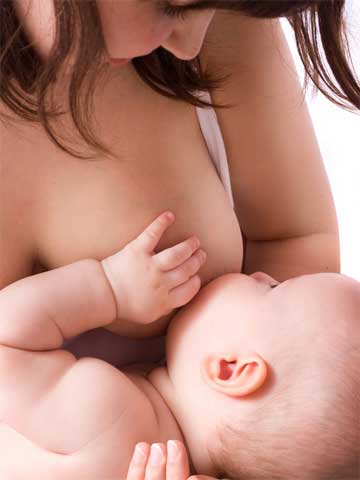
What to do if the baby cries even after you have changed the diaper, tried to feed, picked up? If this happens often and the mother does not succeed in calming the child for more than an hour, you should consult a doctor. It is not always obvious to parents, especially good ones, in what order to seek medical help: should I call an ambulance or go to see my pediatrician in a couple of days, or maybe it’s better to grab the child and the CHI policy and rush to the nearest city hospital? Try to remain calm and act only in the interests of the child. Here are some tips to help you.
- If the baby is crying and cannot be calmed for more than two hours, call emergency services. Pre-measure the baby's temperature, check for rashes on the baby's body, and remember if there was a stool within the last 12 hours. Also make sure you have enough breast milk for a single feed. Report this information to the emergency services
- If a child often worries , sleep is short, but there is no monotonous crying-crying for more than two hours, then this can be dealt with on your own, and then with the help of a doctor at a clinic appointment or by calling him at home.
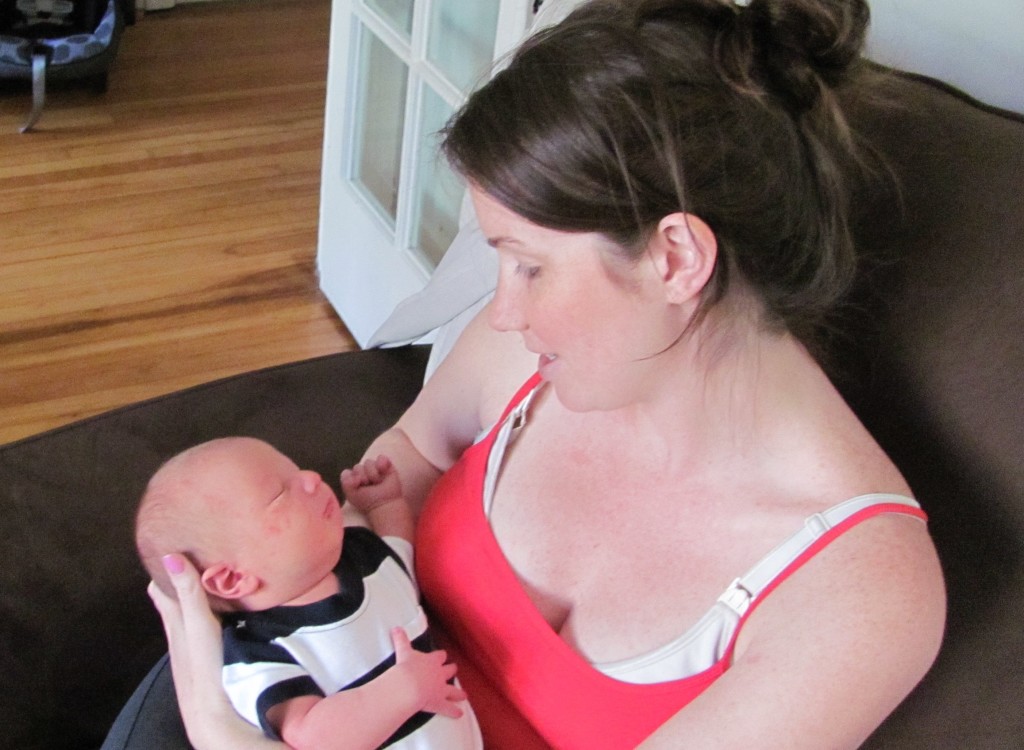 The better prepared you are for your consultation, the more productive it will be. Things to do before the consultation:
The better prepared you are for your consultation, the more productive it will be. Things to do before the consultation:
- Determine breastfeeding volume by three to four checkweighs before and after feeding
- See if there is a connection between baby crying and feeding. When does the child worry and cry - immediately after eating, during feeding, an hour later, etc.?
- Recall the circumstances in which anxiety and frequent crying appeared: vaccination, errors in the mother's diet, starting to use or changing formula?
- Note accompanying symptoms and their relationship to crying: regurgitation, constipation, frequent stools, flatulence, appearance or increase of skin rash
- Assess the change in stool frequency and consistency
- Observe if restlessness and crying persist after stool or flatulence
- Find out if there is an effect when placing a gas tube or a glycerin suppository.
The task of a pediatrician when complaining of frequent and prolonged crying of a child is to determine why the child is crying, whether he has any disorders (including digestive disorders) and what kind they are - functional, that is, this is a conditionally normal condition associated with the growth and development of the body or a reaction to changes in external (primarily nutritional) factors, or it is a pathology that must be suspected, diagnosed and treated.

